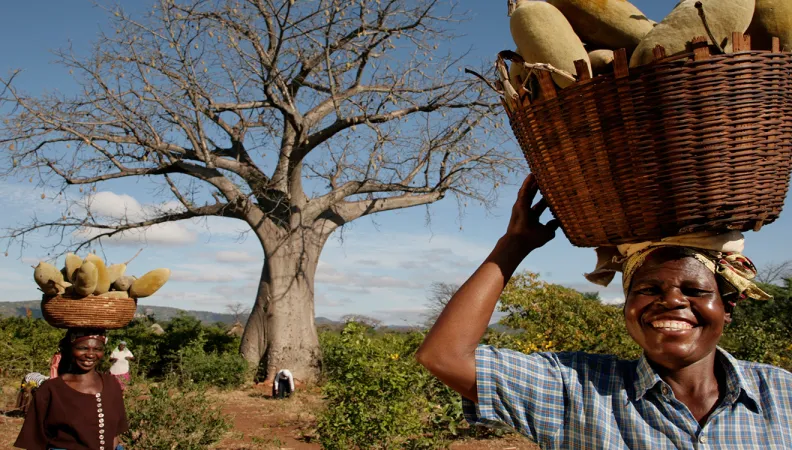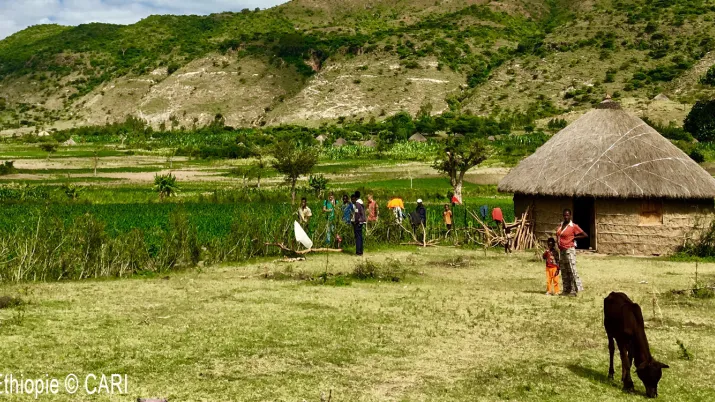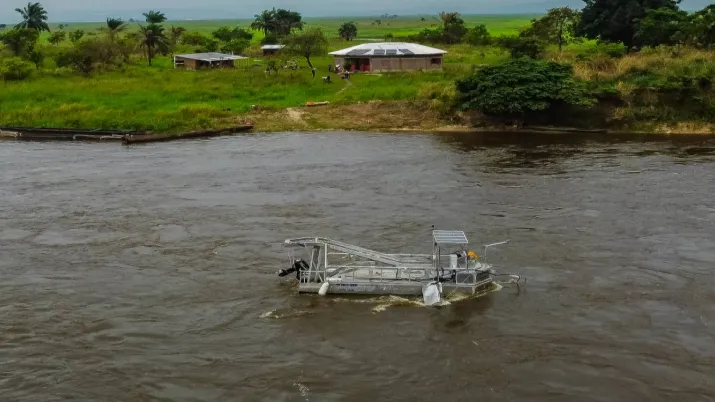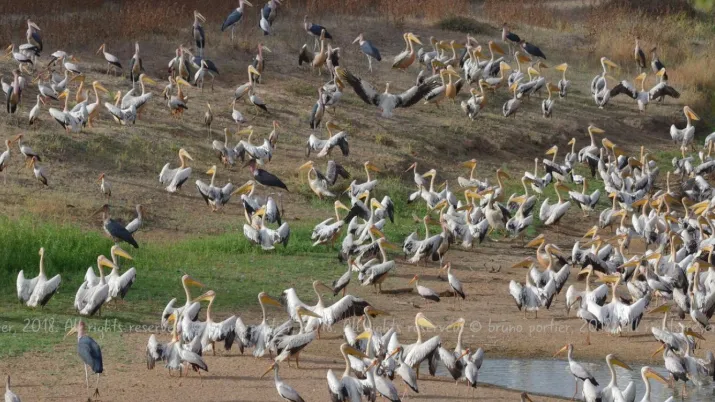Share the page
The FFEM publishes its new 2023-2026 strategy
Published on

Re-financed to the tune of €132 million for 2023-2026, the FFEM has a new strategy and is setting out its priority directions.
This new FFEM strategy is the result of close consultation with its member institutions, its own Scientific and Technical Committee and secretariat, while also reflecting discussions with stakeholders from civil society and research communities. It presents the FFEM, its strategic objectives and its new priority themes, and summarises how to submit a project to the FFEM.
- COMMITMENTS RENEWED AND NEW AREAS OF INNOVATION
This strategy sets out the directions for the French Facility for Global Environment (FFEM) for the period 2023-2026. It commits to the continuation of prior action, taking into account emerging challenges and risks while adding new areas for innovation. The climate emergency, accelerating biodiversity loss, the economic and health consequences of the Covid-19 epidemic and the current supply difficulties for raw materials and energy are all exacerbating the vulnerability of populations and ecosystems. Within this context, the FFEM intends to extend its work promoting innovation for global environmental protection and sustainable development in developing countries.
The FFEM’s approach remains particularly focused on the partnership dimension of its projects and on its practice of evaluation and capitalisation, both fundamental to its identity and actions. Its ultimate goal is to capture the learnings from the pilot and the innovative work it finances, in order to disseminate and mainstream the new practices developed within its projects. With this in mind, the FFEM seeks to connect its own strategy with those of funding and other partners.
The FFEM also reaffirms the priority given to Africa and the Mediterranean, with a target commitment of two-thirds of the FFEM’s resources.
- FIVE PRIORITY THEMES
For the period 2023-2026, the FFEM is focusing on 5 priority themes:
- Conservation and promotion of biodiversity;
- Resilience of aquatic ecosystems;
- Sustainable management of agricultural and forest regions;
- Adaptation and low-carbon transition of towns, cities and regions;
- Circular solutions and combating pollution.
- Cofinancing approaches are evolving
The FFEM contribution to projects will range from €500,000 to €3,000,000, with a maximum cofinancing level of between 30% and 50% depending on the type of entity involved, which comprises a significant evolution in its approaches to intervention.
Further reading
Agroecology and adaptation to climate change: Review of the AVACLIM workshop
Published on January 18, 2023
Loubassa’a tidal stream generator was commissioned a year ago, harnessing the energy of the Congo River for ...
Published on October 15, 2022



